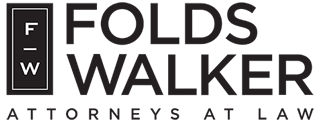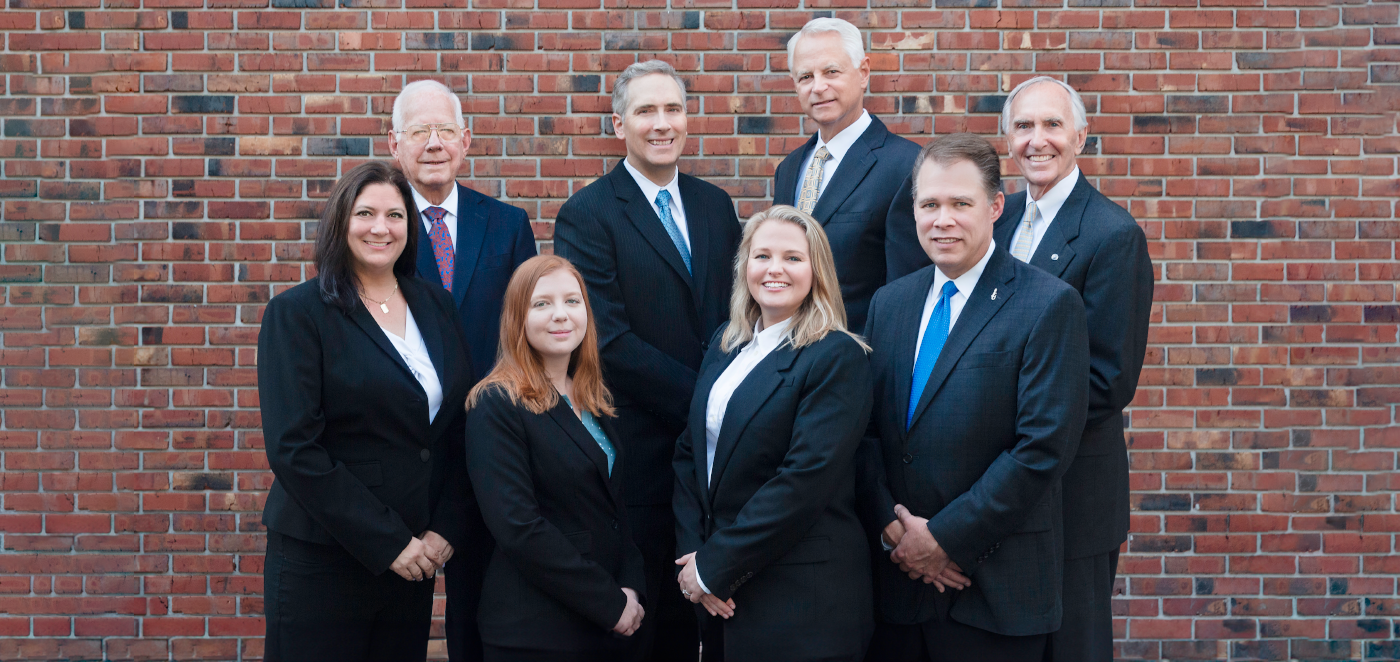Developing an estate plan can help an individual in Florida ensure that their loved ones will be cared for financially after they die. Ensuring the success of loved ones through estate planning can be an invaluable way for people to carry forward their legacies. However, a common mistake made during the estate planning process is to neglect non-probate assets.
A primer on non-probate property
A non-probate asset is not distributed through a person’s will. Instead, it passes to an individual’s loved one if the loved one is listed as a beneficiary of the asset with the proper custodian — for example, Vanguard or Fidelity. Failure to set a beneficiary with a non-probate asset may mean the asset becomes subject to probate, which might delay its distribution to the intended beneficiary.
An example of a non-probate asset is an Individual Retirement Account or a 401(k) retirement plan. Life insurance is another example. Setting up a life insurance trust can further help a life insurance policy’s beneficiary by protecting the policy’s benefits from estate taxes.
How an estate planning attorney can help
Navigating estate planning can be daunting, especially for individuals with many assets or high-value property. Fortunately, an estate planning attorney in Florida can help an individual who owns assets create a well-thought-out estate plan that addresses the distribution of non-probate property and assets that must go through probate, such as real estate and heirlooms. The attorney will strive to ensure that the individual’s wishes and his or her loved ones’ best interests are upheld during each phase of the estate planning process.

